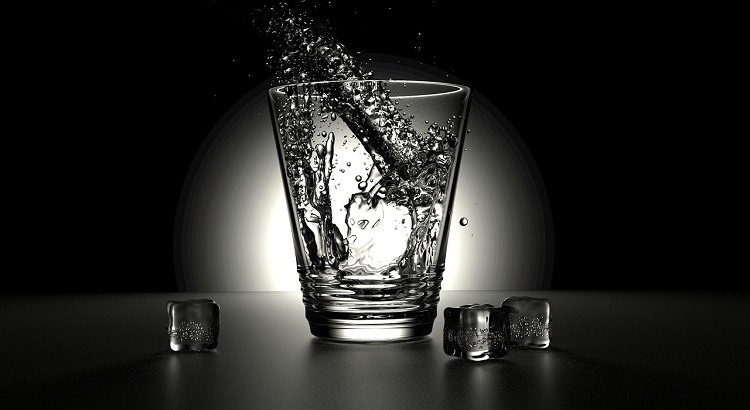Summer is officially here! The warm weather means a return to many of the activities we all love, from social gatherings to outdoor exercise and adventures out on the town. But, to get the most out of your summer, it’s critically important to keep hydrated.
How much water we should be drinking is the first question that comes to mind for many. Conventional wisdom has typically held that we should strive to drink 64 ounces of water a day, but today that’s not the case. “The current medical recommendation is to just drink when you’re thirsty,” says Lucas Couch, D.O., of Carroll Health Group Primary Care in Westminster. He explains that the actual amount of water required varies from person to person and depends on the amount of physical activity each person is getting. But even for those who are not very physically active, the importance of hydration, particularly in the summer months, cannot be overstated. This, according to Dr. Couch, is because we sweat.
“We perspire, it covers our skin, and then it evaporates, and that evaporative process is a cooling mechanism for our body,” he says.
While physical activity will certainly improve the rate at which the body expels water to cool itself, this evaporative process is still at work even when we’re at rest, and thus requires adequate hydration regardless of activity level.
But how do we know what kind of water to drink? To help us make sense of things, Dr. Couch explains the differences between “hard” and “soft” water.
“Hard” water contains more minerals, such as alkaline, whereas “soft” water contains relatively fewer minerals. The natural hardness or softness of water is determined by the sediment it flows through. When it comes to drinking, the best water is not too hard and not too soft. Water that is too hard, for instance, can increase the likelihood of kidney stones, and water that is too soft can result in stomach issues such as diarrhea.
Fortunately, most tap and bottled waters are well within the healthy range of hardness and softness, which means that a choice between different waters is largely a matter of taste. Dr. Couch does not recommend drinking rainwater or distilled water due to their lack of minerals, but otherwise maintains that there isn’t much evidence to indicate the superiority of certain brands of bottled water over others.
It’s more important you’re drinking the right amount. Both dehydration and overhydration can be dangerous. Signs of dehydration may include darker urine or low frequency or urination, dry lips and sunken eyes. Those who are reasonably well hydrated, Dr. Couch explains, should be urinating at least every few hours. Overhydration, on the other hand, presents with neurological symptoms like abnormal behavior and confusion. Particularly in the summer, symptoms of heat exhaustion should also be looked for carefully, such as a sudden sensation of cold or chills on a hot day.
The kinds of water we should be drinking, tap or bottled, is mainly a matter of preference. Rather than getting too caught up in the differences between brands, Dr. Couch urges us to listen to our bodies and keep a close eye out for the symptoms of dehydration.
So, as you enjoy the summer and all the fun it entails, be sure you’re holding to the cardinal rule of hydration: drink when you’re thirsty.
